According to Alex Kipman, HoloLens inventor and futurist at Microsoft, the smartphone is already obsolete. In an interview with Bloomberg, Kipman boldly stated that the HoloLens will eventually replace the smartphone and drive society right into a new augmented normal.
Kipman couldn't say exactly when this would happen — or if he thought everyone in society would readily accept wearing a smart headset to get about their daily routines — but it is a pretty bold statement from the futurist to claim people will just let go of their smartphones and jump right to the next new, shiny thing. Maybe, like the man said, "people just haven't realized" that the phone is already dead.

Can you believe it? Granted, it is hard to predict what will be accepted by society and what won't within the next few years. Wearing some sort of AR/MR headset at this point may seem like some far-off gadget of the future for most. Although, this kind of futuristic tech is where we are headed though, isn't it?
According to Microsoft's Chief Executive Officer Satya Nadella, it is. Nadella told Bloomberg that investing in "largely uncrowded market segments or creating new categories," like the HoloLens, is the future of technology.
At the moment, the HoloLens isn't available for consumers to purchase at the store. If you want one, and have $3,000 to spare, you can buy a developer version of the headset directly from Microsoft. The device still has a few steps to take before it is made commercially available and affordable to the public.
According to Jason Odom, author of the HoloLens Beginner's Guide and resident expert here at Next Reality, we aren't as far as we think from adopting wearable AR/MR tech as the new standard of communication:
Looking at Unity CEO John Riccitiello's project graph for growth at Vision Summit this week, with its highly tempered forecast of growth over the next few years, it shows a trend of massive growth starting in 2020. What he calls the 'gap of disappointment' seems to have the purpose of helping developers set expectations in contrast to what many analysts are projecting. What it shows me is that we are only a few years away from the potential beginning of mass adoption.

Odom, like Kipman, and many other enthusiasts of AR/MR, believe the HoloLens and other devices are tomorrow's new gadget. Odom echoes Kipman's prediction on the fate of the smartphones:
One day, not too far from now, we will wear glasses or contacts even if we have perfect vision. These devices will provide our vital information, communications, education, and entertainment — and it will all be easily shareable. How can that not replace the devices we carry in our pockets that are so antisocial and far less efficient that this vision of the future?
It's still possible that Microsoft could come out with its own version of an AR/MR smartphone to supplement the HoloLens, but for all HoloLens enthusiasts out there, it looks like Kipman and Microsoft are really pushing to make the headset our next mainstream go-to device.
Just updated your iPhone? You'll find new features for Podcasts, News, Books, and TV, as well as important security improvements and fresh wallpapers. Find out what's new and changed on your iPhone with the iOS 17.5 update.
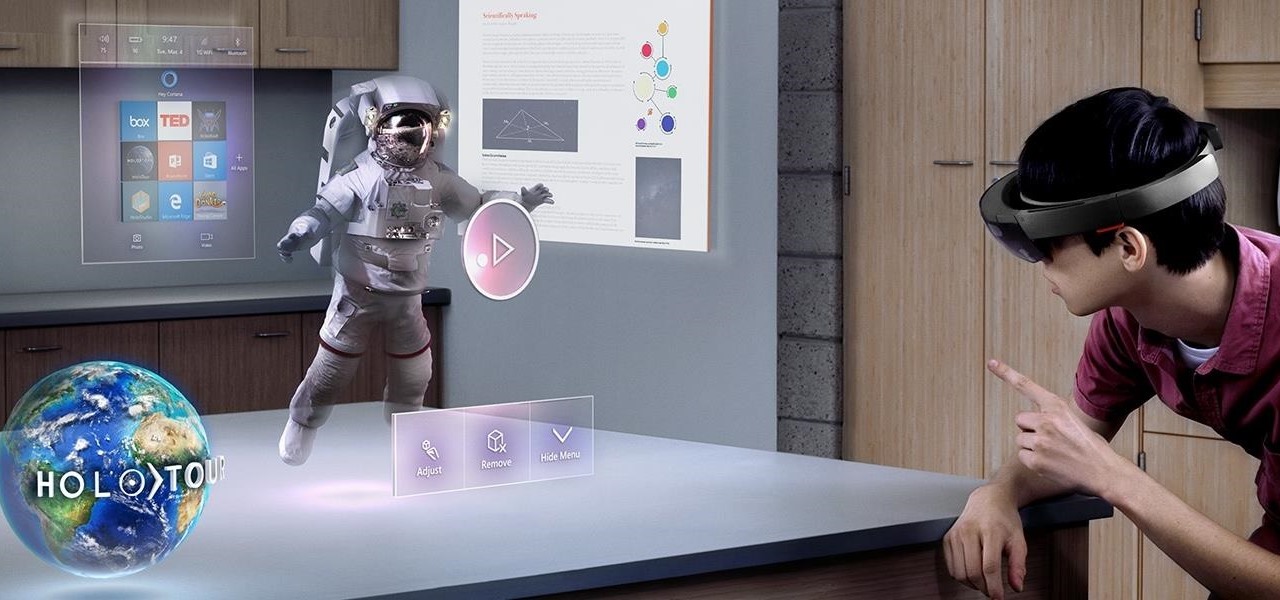


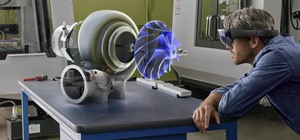
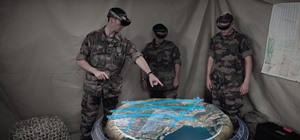
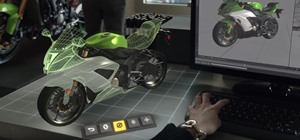
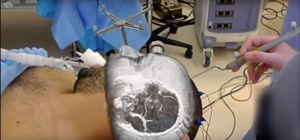





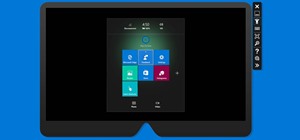

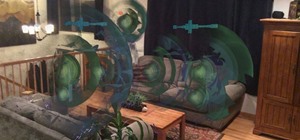
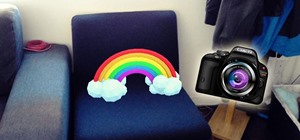
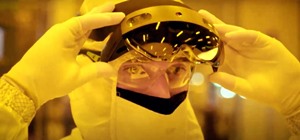
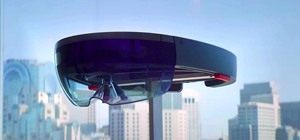
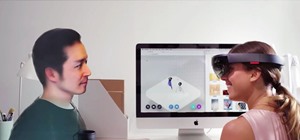
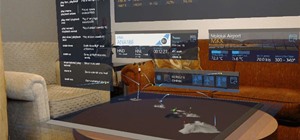
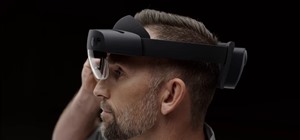
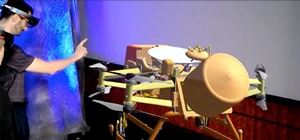
Be the First to Comment
Share Your Thoughts